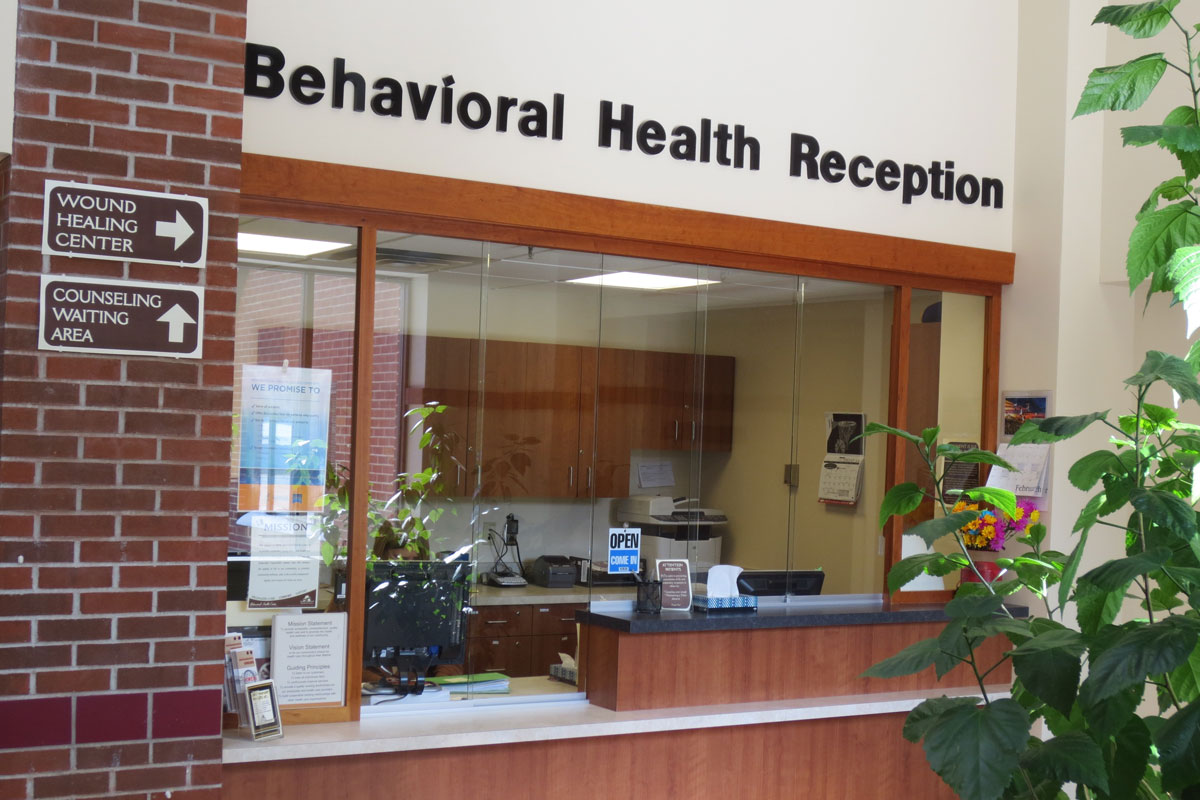 CHICAGO – Monday, the Senate Human Services and Public Health Committees held a joint hearing on behavioral health issues and disparities in Illinois, where State Senator Mattie Hunter (D-Chicago) advocated for more Black and Brown behavioral health professionals, as well as increased options for treatment in communities of color.
CHICAGO – Monday, the Senate Human Services and Public Health Committees held a joint hearing on behavioral health issues and disparities in Illinois, where State Senator Mattie Hunter (D-Chicago) advocated for more Black and Brown behavioral health professionals, as well as increased options for treatment in communities of color.
“Not only do Black Illinoisans have less access to behavioral health centers, they are less likely to have insurance and more likely to deal with doctors who don’t look like them,” Hunter said. “Many of these medical professionals have implicit biases and need to be trained on cultural competency.”
The Substance Abuse and Mental Health Services Administration reports that two-thirds of Blacks and Latinos with a mental illness and nearly 90% with a substance use disorder do not receive treatment.
“Lack of access to treatment is harming Black communities, which often face more behavioral and mental health issues,” Hunter said. “The opioid crisis, combined with COVID-19 and systemic racism, is a serious threat that needs to be addressed thoroughly.”
Data from the Community Behavioral Healthcare Association of Illinois found that though African Americans make up under 24% of the Cook County's population, they account for more than 50% of all opioid deaths in the county this year.
Committee members heard from Dan Rabbitt, Senior Manager of Health Policy of Heartland Alliance, who recommended that the General Assembly support the following:
- Investing in prevention and proper medication distribution
- Integrating medications used for opioid disorder
- Reducing criminal penalties for low level drug offenses
CEO of the Community Behavioral Health Association Marvin Lindsey also recommended that the General Assembly support maintaining telehealth flexibility, which he believes will help increase health care accessibility for Black patients.
Future joint hearings for the Public Health and Human Services Committees will be scheduled next month.













 © 2026 Illinois Senate Democratic Caucus
© 2026 Illinois Senate Democratic Caucus